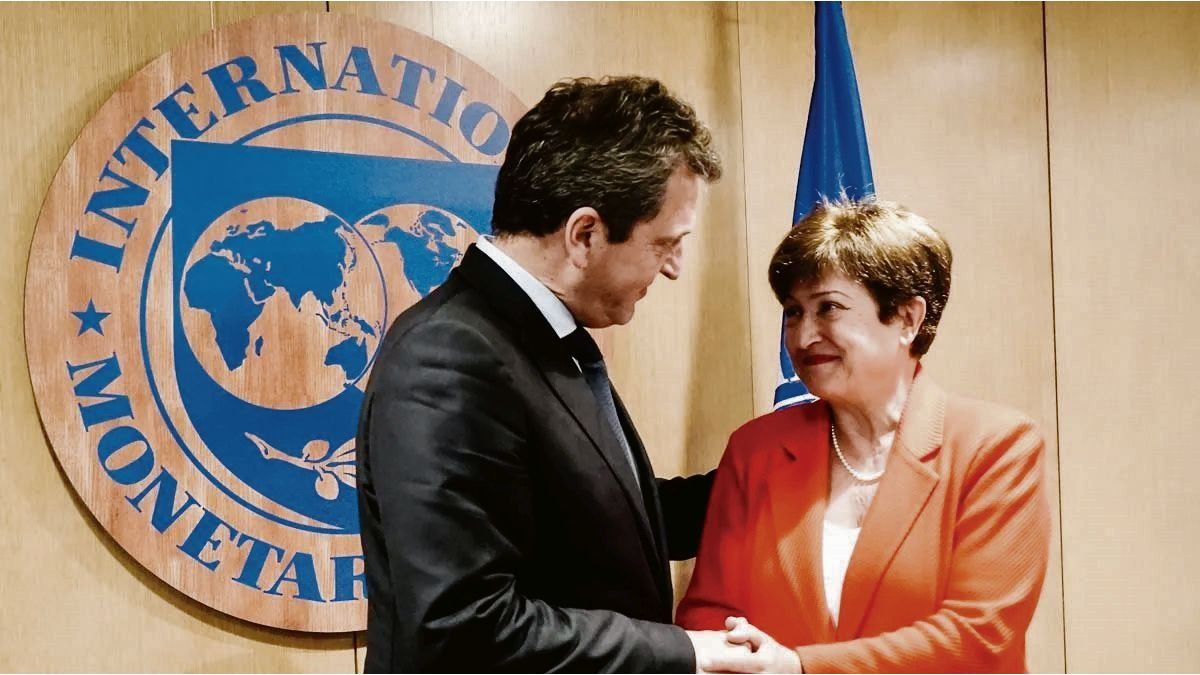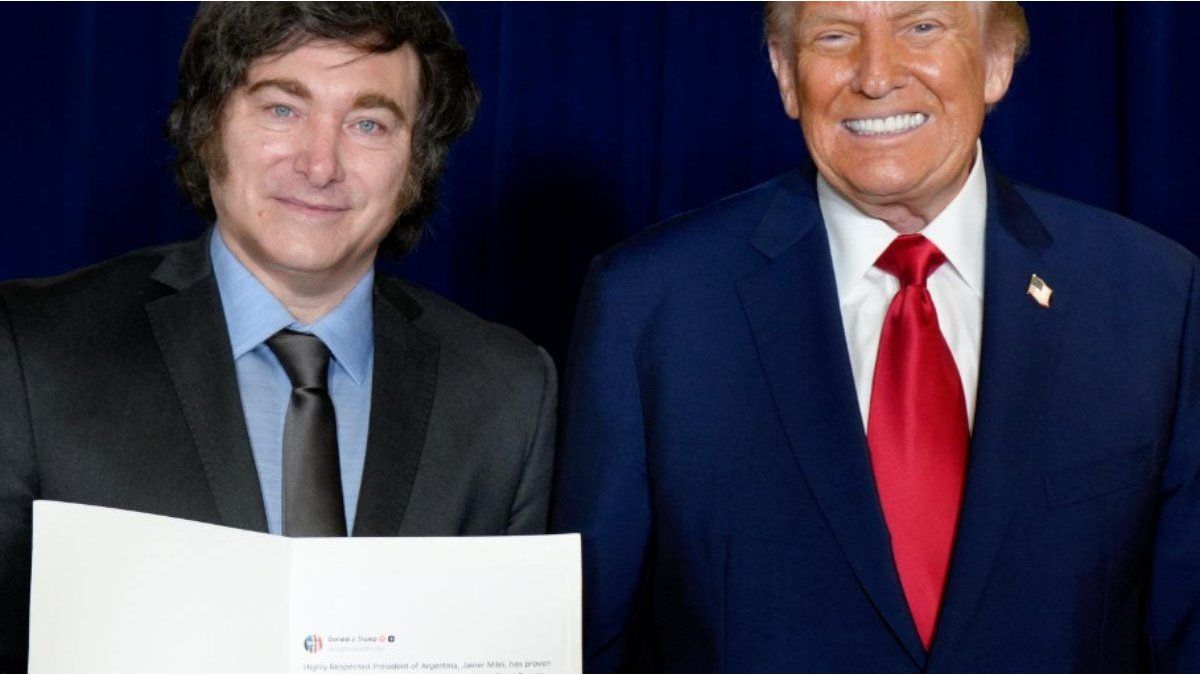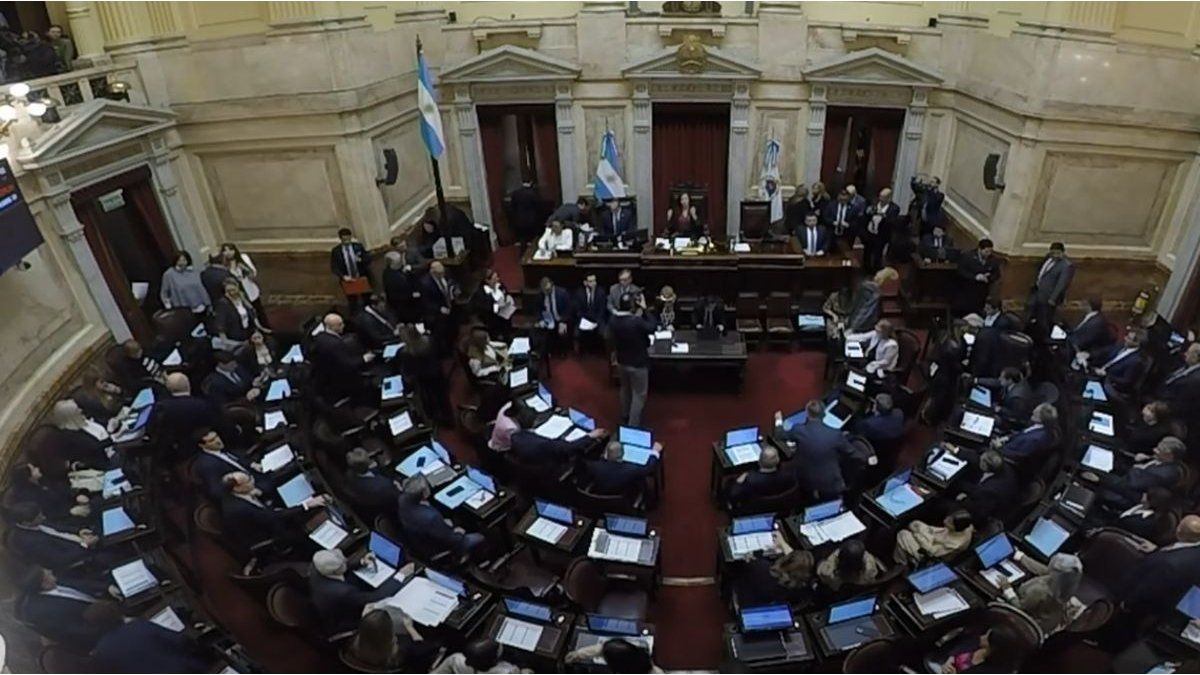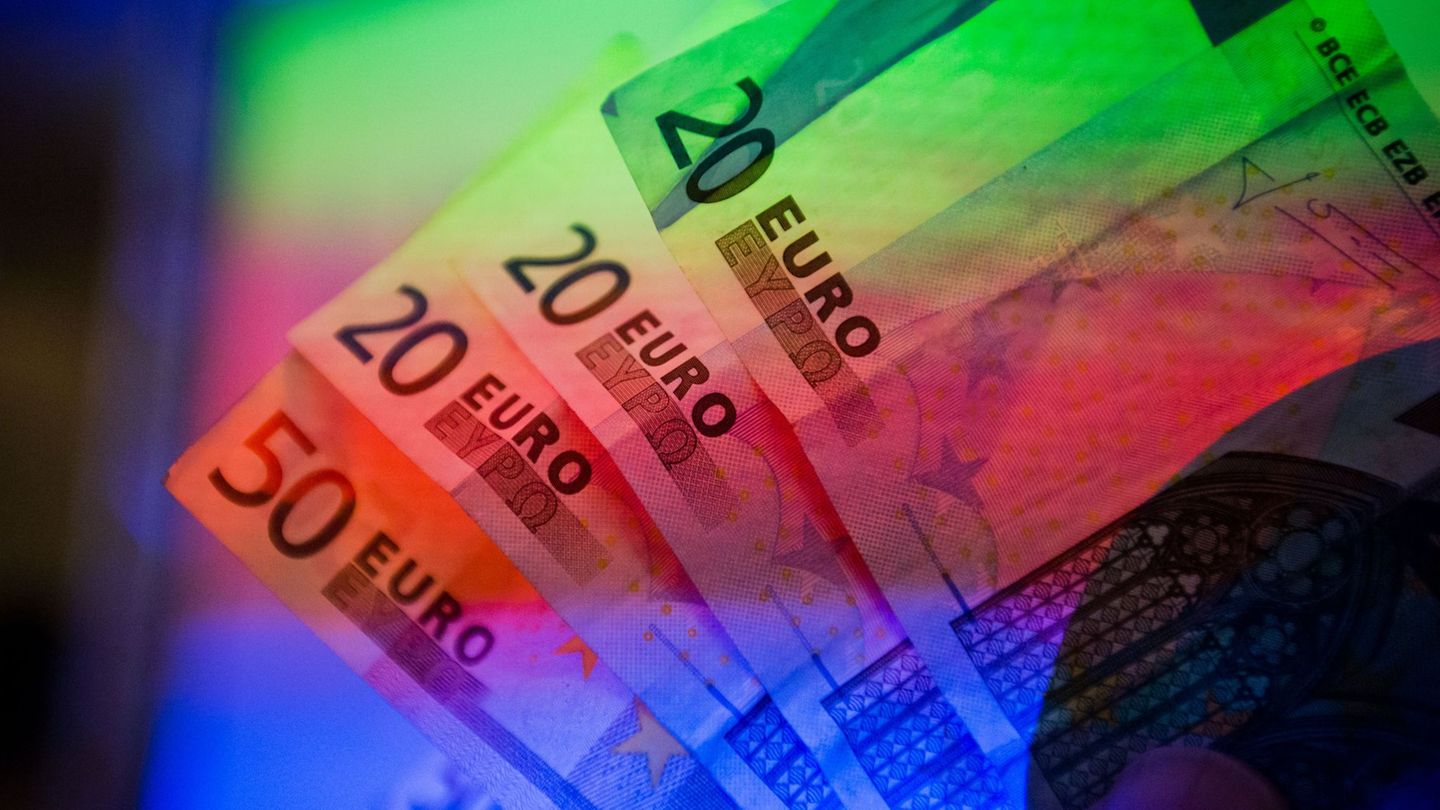The financial analyst Leandro Zicarelli He said that the October payment “will be reached on good terms” since the BCRA has SDRs for US$2.9 billion. However, the question will appear on November 1, when US$756 million must be paid. As it explains Santiago Manoukian, Head of Research at EcoLatina, the maturity cannot be postponed since it is recorded as interest, and not capital. “After canceling the commitments in October, the Government would have less than US$400 million in SDRs, which is insufficient to meet the interest maturities agreed for November 1,” explains the specialist.
In turn, Zicarelli suggests that the SWAP will be used with China or the Development Bank of Latin America and the Caribbean (CAF) will be asked to return it. If a bridge is formed for all of the interest due in November, “the year with the Fund will be armored,” estimates the analyst. However, Manoukian warns about the landing of the next disbursement of around US$3 billion: “we estimate that these funds will hardly arrive before an eventual ballot, that is, November 19.”
The arrival of the foreign currency will depend on the approval of the agency’s seventh review of the national accounts, determined on August 23.
In that sense, The Government signed a series of conditions for the next disbursement of funds: primary deficit of $3.2 trillion (1.9% of GDP), accumulation of US$1.3 billion in reserves above the level of December 2021 (it went from u $10,277 million to $3,577 million) and issuance up to $1.29 billion (previously the amount amounted to $0.88 billion). However, the package of fiscal relief and pocket restructuring measures announced after the PASO infers 1.1% of GDP, that is, more than 2 trillion pesos, according to calculations by the consulting firm EcoGO, which would give a primary deficit total of 2.7% of GDP.
The uncertainty extends to the goal of dollar accumulation and is reflected in private surveys. For example, the consulting firm ACM warns that “it is unlikely that the Central Bank will be able to accumulate a positive balance of reserves in 2023,” given that a positive flow of capital is not expected and the trade balance does not show signs of improvement. Meanwhile, Portfolio Personal Inversiones (PPI) indicated that “despite the implementation of the soy dollar, the BCRA was unable to accumulate reserves due to its high intervention in the exchange market.”
In the last rounds, the level of intervention exceeded US$50 million and losses from this type of operations accumulated more than US$2,000 million during the year. Despite the efforts of the Central Bank, the result is not encouraging. On Friday the financial day closed with the MEP dollar at $820 for sale and the CCL at $875, marking a 150% difference with the official dollar. Meanwhile, the blue dollar closed at $880. Faced with the shortage of foreign currency and the dollarization pressure, the Secretary of Economic Policy, Gabriel Rubinstein, was forced by the panorama to clarify that “it is not going to be devalued because Milei wins” and that the government already has a strategy set to maintain the official exchange rate at $350 until November 15.
Under this scenario, it is understood that the difficulties seen in complying with the Excel scheduled with the IMF would hinder the granting of dollars. On the contrary, for Zicarelli, the political decision to put money on the street shows at this point “that there are no big problems with the Fund between now and the end of the year.”
The same logic runs through the comment of Nery Persichini, economist and head of strategy at GMA Capital, who understands that the IMF is directly waiting for the results of the elections to renegotiate a new program. “The current agreement and its goals are extinct animals that do not serve to anchor expectations,” he says in dialogue with Ambit. Argentina will pay the IMF in October, but economists doubt the continuity of the agreement. For the same reasons, the director of Eco Go, Sebastián Menescaldiassures that “the program no longer exists in my opinion”, since the IMF “is waiting for the next Government” to renegotiate the agreement.
At a conference held last week, the Director of Communications of the organization, Julie Kozack, said it is “too early to speculate” the precise date of the next audit. Likewise, he assured that it is the interest of the Fund and its members “to continue working together with Argentina with the greatest possible political and social consensus to help ensure stability and shared prosperity for the country.”
Source: Ambito




